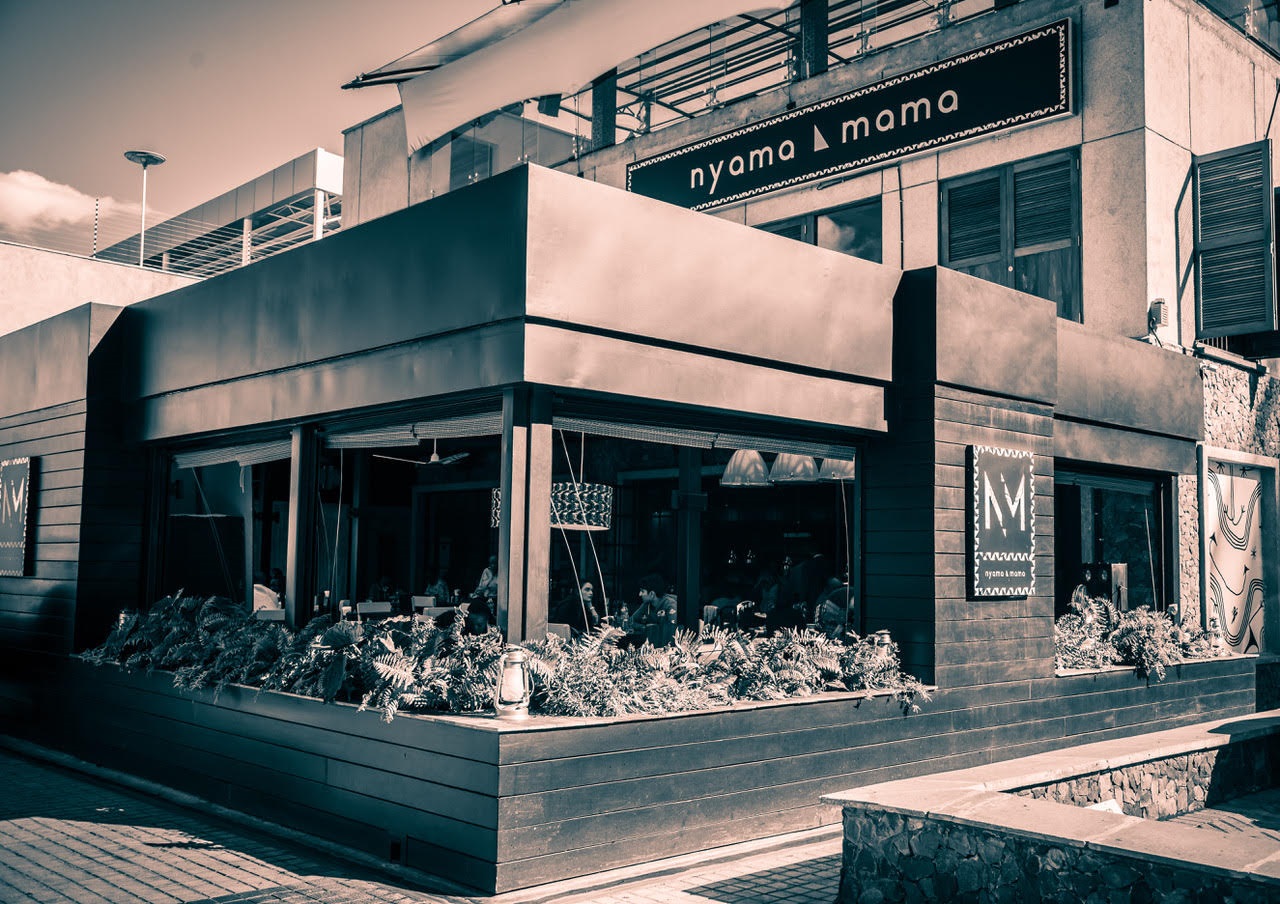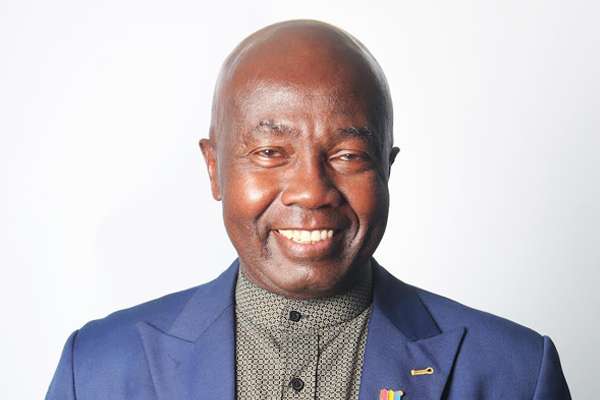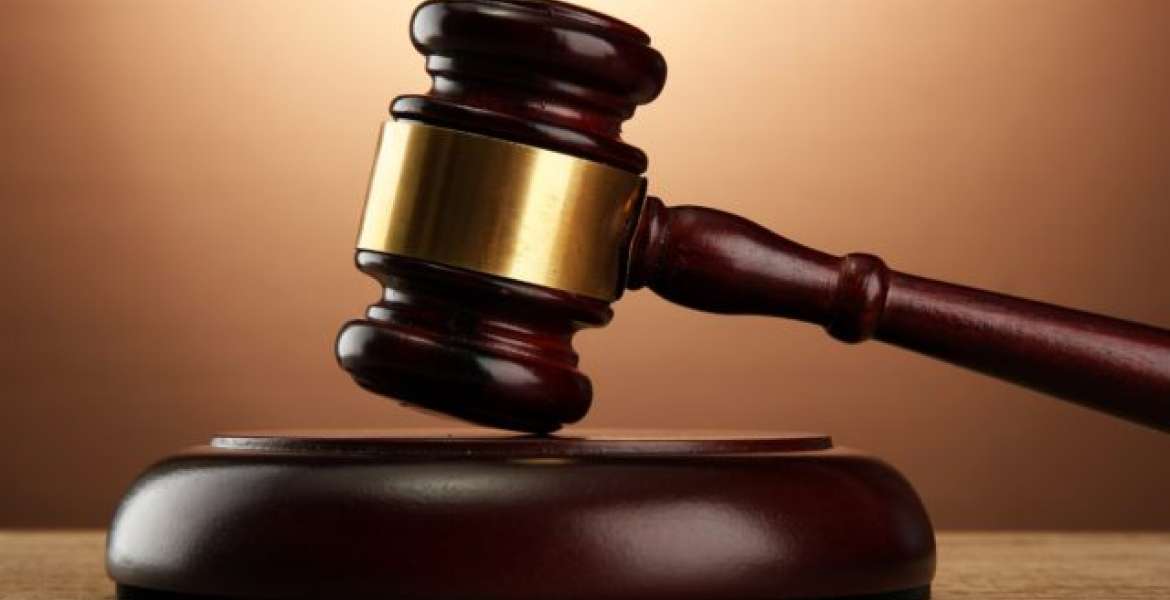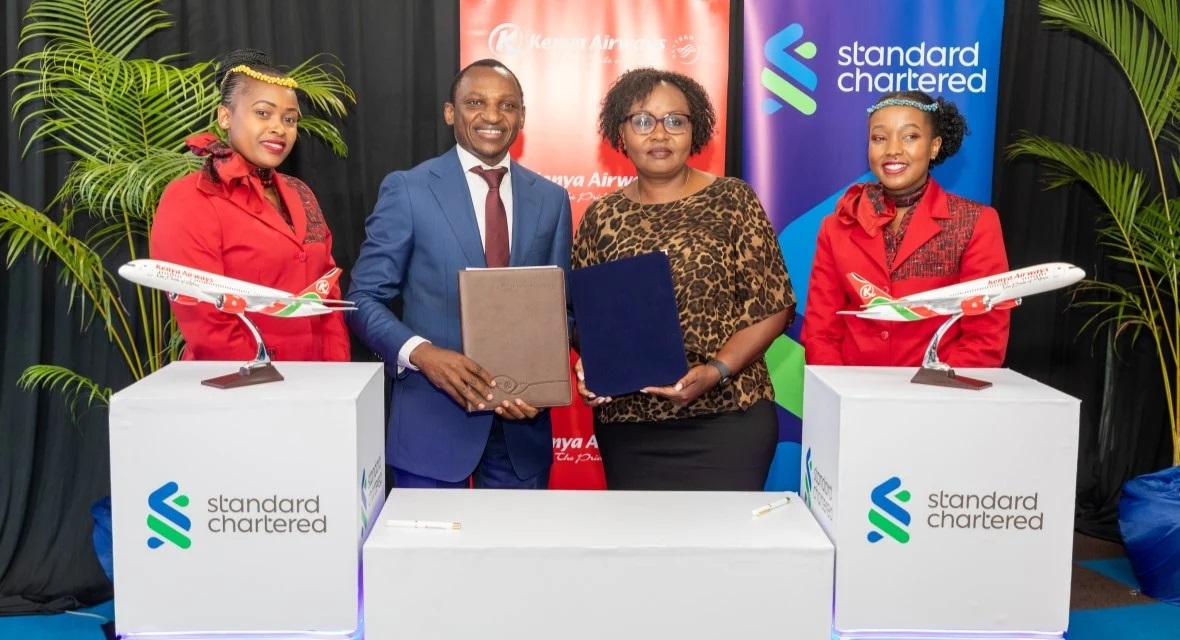In a dramatic twist to one of Nairobi’s most high-profile business disputes, the directors of the popular Nyama Mama restaurant chain have sued Victoria Commercial Bank (VCB), seeking a substantial Ksh 2 billion in damages for malicious prosecution, emotional distress, and reputational harm.
Jayesh Shanghavi and Nina Shanghavi, co-directors of The Good Earth Group Limited (TGEG), have filed a petition at the Milimani Law Courts, detailing how a commercial dispute stemming from the COVID-19 pandemic escalated into what they allege was an unlawful, vindictive criminal case.

At the heart of the matter is a loan dispute with VCB. Like many businesses, TGEG suffered significant financial setbacks during the pandemic, leading it to seek a loan restructuring agreement with the bank. Despite initiating negotiations in good faith, the Shanghavis claim that VCB rejected all proposals and instead filed a criminal case in 2021, accusing the couple of fraudulently obtaining a Ksh 520 million loan.
“The matter was purely civil and commercial in nature,” said Jayesh during a press briefing outside the courthouse. “Instead of working with us toward a solution, the bank chose to ruin our lives.”
What followed, according to their legal team, was a campaign of harassment, coercion, and humiliation. The Shanghavis, neither with a prior criminal record, were arrested and dragged through the criminal justice system. They were ordered to pay a cash bail of Ksh 5 million each, an amount their lawyers argue was excessive and punitive, given their personal histories and the civil nature of the dispute.
Their lawyer, Danstan Omari, painted a grim picture of state-led persecution: “They were treated like hardened criminals over a financial disagreement. This was not justice. This was vengeance, pure and simple.”
The petition includes harrowing accounts of mistreatment endured by Nina Shanghavi, who was 61 at the time. According to her lawyers, she was denied access to her private doctors, forcibly admitted to Kenyatta National Hospital (KNH) without medical history, triage, or consent, given the wrong medication, denied a vegetarian diet required for her health and cultural practices, and barred from family visits or care.
“This was not just medical negligence; it was cruelty,” said Advocate Matina Swiga. “What she went through was physically painful and mentally scarring.” The situation worsened when the court reportedly denied Nina permission to travel abroad for urgent medical treatment, even after submitting documentation from specialists, and detained her passport. Her family alleges that this decision directly endangered her health and violated her basic human rights.
In 2024, the Director of Public Prosecutions (DPP) moved to withdraw the case, admitting that the dispute should have been settled through civil proceedings, not criminal charges. The case was officially marked as withdrawn by Principal Magistrate Wandia Nyamu.
But for the Shanghavis, the withdrawal came too late. The damage, personal, professional, and psychological, had already been done. Now, the couple is demanding Ksh 2 billion in compensation for the violations they say they endured, including financial losses, reputational harm, business and livelihood disruptions, and gross constitutional rights violations.
They are also calling for aggravated and exemplary damages, not only to compensate for their suffering but also to send a message to financial institutions that abuse of the criminal justice system to settle commercial disputes will not go unchecked.
As the case heads to court, many in Kenya’s business and legal communities will be watching closely. It raises profound questions about the intersection of commerce and criminal law and the lengths some institutions will go in the name of debt recovery.
This case shines a spotlight on the risks entrepreneurs face, even successful ones when navigating Kenya’s commercial ecosystem. It is a cautionary tale of how a pandemic-related financial dispute can snowball into a deeply personal and public crisis, and a reminder that justice delayed remains justice sought.





